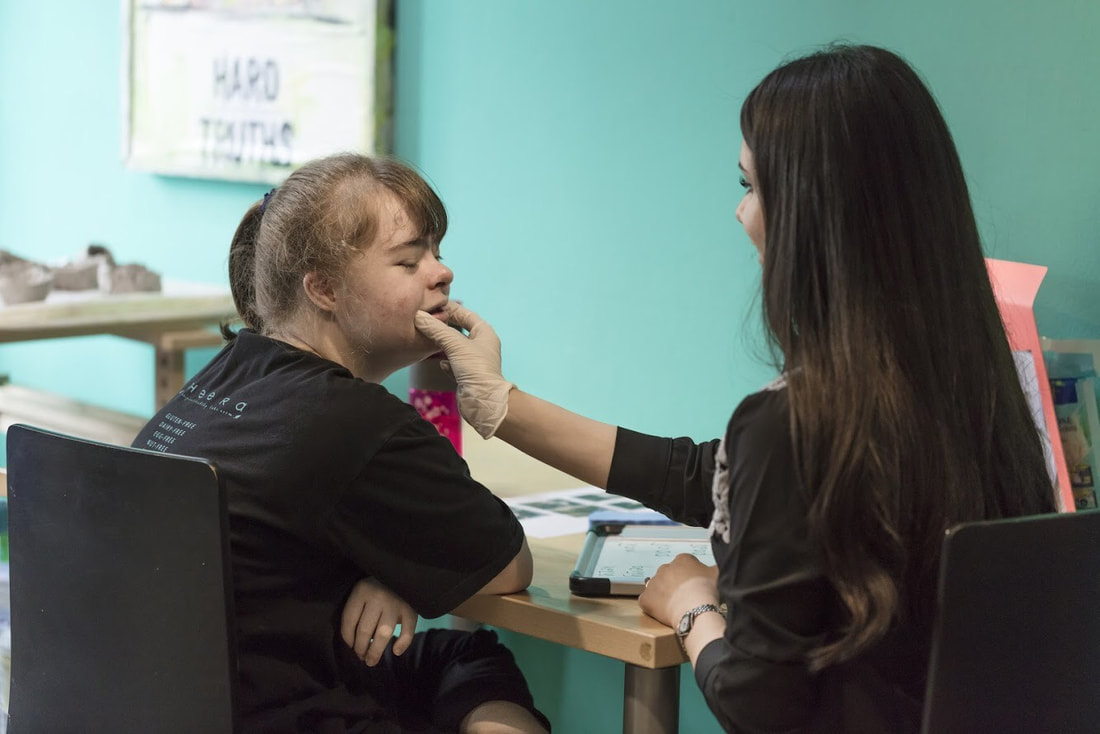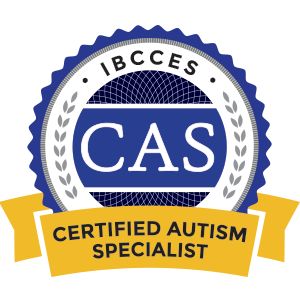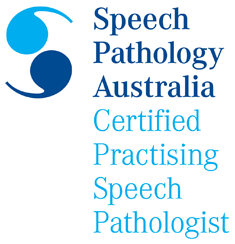|
Are you a parent who is considering speech therapy for your child? Then like many other parents, you might have these questions:
FAQ 1: How do I know if my child needs speech therapy? The best way to know if your child needs therapy is to arrange an assessment with a speech language pathologist. The assessment will be conducted in either of these two ways: 1. Brief Screening: During a brief screening, the therapist will make observations of your child’s communication skills as well as obtain background information from you. This takes approximately one hour. If your concerns about your child are simple (e.g. "is my child stuttering?" or "does my child have a lisp?"), this is enough time for an experienced therapist to provide you with answers based on their observations. However, if you have multiple or complex concerns (e.g. "does my child have a language delay and how severe is it?") this type of assessment will not be enough to obtain detailed results. 2. Comprehensive Assessment: During a comprehensive assessment, the therapist will gather background information from you and other sources such as your child’s classroom teacher. The therapist will then make observations of your child’s communication skills. The therapist will also administer at least one norm-referenced, standardised assessment tool. These tools include established 'norm scores' reflecting what is expected from children at each age. Comprehensive assessments usually take between two to four hours, and are often administered across more than one session. The therapist will also write a report about your child’s communicative ability across all the areas assessed. A comprehensive assessment will provide you with a holistic and detailed understanding of your child’s communication skills. FAQ 2: How much does speech therapy cost in Bangkok? The price for speech therapy in Bangkok ranges between 3,000 – 4,000 THB per hour. Some therapists may charge slightly less if you sign up for a package with them. You should note that the above price estimate is not the same for assessments. The price for assessment sessions will depend on what type of assessment your child will receive (i.e. a comprehensive assessment or a screening), how much time is required to complete the assessment, as well as time required to write an assessment report. FAQ 3: How much speech therapy will my child need? A common misconception is that speech therapy is a ‘quick fix’, when in fact, it is a process which involves several steps. These steps include an assessment, goal setting, therapy, homework and follow-up sessions. The duration of therapy required can’t be predicted accurately because it differs for each child. For instance, I have previously worked on the same goals with two children separately; while one child required only a few months of therapy, the other required therapy for over a year. There are many factors which contribute to the duration of the therapy process including: · The types of communication areas requiring therapy · The number of communication areas requiring therapy · Your child’s ability to focus during sessions · Your child’s awareness and response to cues provided in sessions · The frequency of therapy sessions · The consistency of home practice FAQ 4: How much home practice is involved? As therapy is an ongoing process, home practice should also be consistently ongoing. However, it is not practical to expect parents to complete hours of daily home practice. I usually recommend 10 minutes of daily homework. Your child will benefit more from short but frequent home practice instead of long practice sessions. FAQ 5: What is my role as a parent in the speech therapy process? Your role in the therapy process really depends on your own personal preference. However, as a parent, you should never underestimate the impact of your involvement. Scientific research has even shown that some interventions lead to better outcomes when delivered by parents, compared to being delivered by a therapist[1]. Also, because no one knows your child better than you do, a therapist will always appreciate your input. Your role in the therapy process can include: · Referring your child for speech therapy services. · Expressing what areas of your child’s communication you are concerned about. The therapist can then focus on these areas during the initial assessment. · Collaborating with the therapist to develop goals. You can inform the therapist what you would like to prioritise in therapy. This can be broad such as the general area of therapy like speech sounds instead of stuttering, or very specific such as the production of ‘s’ and ‘z’ sounds. · Being involved in therapy sessions. You can use the session time to practice doing what the therapist is doing with your child and as an opportunity to seek feedback about this. · Asking any questions or voicing any concerns. · Providing feedback regarding any progress which you have observed. · Consistently completing home practice with your child. That's all for this week... If you would like to be notified when next week's article is released, sign up to my mailing list and receive your copy of the Speech and Language Development Table! Speak soon, Expat Speechie References [1] Roberts, M., & Kaiser, A. (2011). The Effectiveness of Parent-Implemented Language Intervention: A Meta-Analysis. American Journal of Speech-Language Pathology, 20, 180-199. Comments are closed.
|
Welcome to my blog!
|






